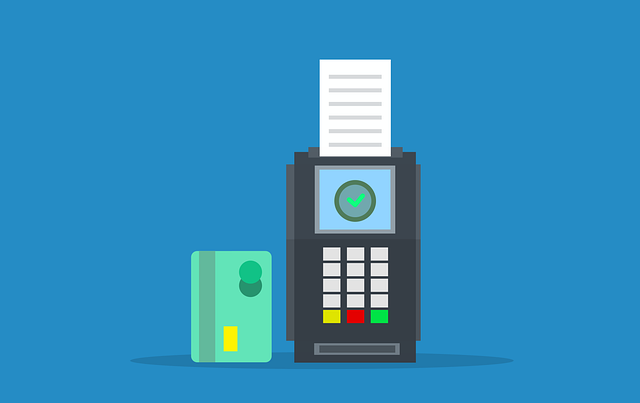A.WHAT IS E-WAY BILL SYSTEM?

E-Way Bill is an Electronic Way bill for movement of goods to be generated on the E-Way Bill Portal. A GST registered person cannot transport goods in a vehicle whose value exceeds Rs. 50,000 (Single Invoice/bill/delivery challan) without an e-way bill that is generated on ewaybillgst.gov.in.
Table of Contents
Alternatively, E-way bill can also be generated or cancelled through SMS, Android App and by site-to-site integration through API entering the correct GSTIN of parties. Validate the GSTIN with the help of the GST search tool before using it.
When an E-way bill is generated, a unique E-way Bill Number (EBN) is allocated and is available to the supplier, recipient, and the transporter.

B.WHO SHOULD GENERATE E-WAY BILL ?
Registered Person: E-way bill must be generated when there is a movement of goods of more than Rs 50,000 in value to or from a registered person. A Registered person or the transporter may choose to generate and carry E-way bill even if the value of goods is less than Rs 50,000.
Unregistered Persons : Unregistered persons are also required to generate e-Way Bill. However, where a supply is made by an unregistered person to a registered person, the receiver will have to ensure all the compliances are met as if they were the supplier.
Transporter: Transporters carrying goods by road, air, rail, etc. also need to generate e-Way Bill if the supplier has not generated an e-Way Bill.

C.WHEN SHOULD E-WAY BILL BE ISSUED?
- Supply of goods over 50,000 (total invoice value)
- Interstate supply
- Good transfer for job work
D.CASES E-WAY BILL IS NOT REQUIRED?
In the following cases it is not necessary to generate e-Way Bil:
- The mode of transport is non-motor vehicle
- Goods transported from Customs port, airport, air cargo complex or land customs station to Inland Container Depot (ICD) or Container Freight Station (CFS) for clearance by Customs.
- Goods transported under Customs supervision or under customs seal
- Goods transported under Customs Bond from ICD to Customs port or from one custom station to another.
- Transit cargo transported to or from Nepal or Bhutan
- Movement of goods caused by defence formation under Ministry of defence as a consignor or consignee
- Empty Cargo containers are being transported
- Consignor transporting goods to or from between place of business and a weighbridge for weighment at a distance of 20 kms, accompanied by a Delivery challan.
- Goods being transported by rail where the Consignor of goods is the Central Government, State Governments or a local authority.
- Goods specified as exempt from E-Way bill requirements in the respective State/Union territory GST Rules.

E.VALIDITY OF A E-WAY BILL.
An e-way bill is valid for periods as listed below, which is based on the distance travelled by the goods. Validity is calculated from the date and time of generation of e-way bill-
| Type of conveyance | Distance | Validity of EWB |
| Other than Over dimensional cargo | Less Than 200 Kms | 1 Day |
| For every additional 200 Kms or part thereof | Additional 1 Day | |
| For Over dimensional cargo | Less Than 20 Kms | 1 Day |
| For every additional 20 Kms or part thereof | Additional 1 Day |



